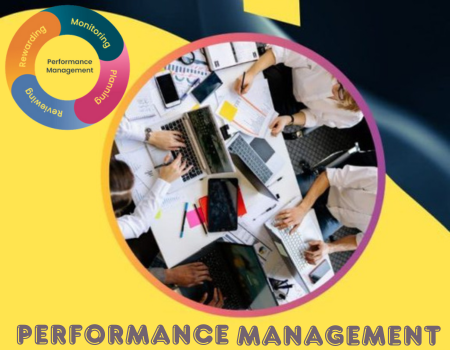Call us: +1-855-202-3299
Email: [email protected]
Performance Management - Doing It Right Could Be Your Competitive Advantage!
Speaker: Robert B McKenzie
Speaker Designation: President, McKenzieHr

Call us: +1-855-202-3299
Email: [email protected]
Speaker: Robert B McKenzie
Speaker Designation: President, McKenzieHr

The one and only purpose of a performance appraisal is to “Improve Future Performance.”
The only competitive advantage any organization has is its employees. So, while your competitors are either doing away with giving meaningful feedback to their employees or using it to recount history, It is a perfect time for you to energize your employees with meaningful work and gain their commitment to the job and to you, their supervisor.
Performance Management is an ongoing process. Instead of trying to recapture 52 weeks of employee performance in one sitting like most organizations do, a performance review should be just that – A Review of the performance with an emphasis on what improvements are needed for the upcoming review year.
Taking Responsibility for Talent Improvement is the one and only job of supervisors and managers.
Being an effective leader entails effectively conveying goals, objectives, and performance standards, while also ensuring that employees acquire the essential skills for fostering a culture of continuous improvement. This approach not only enhances your leadership skills but also increases your long-term productivity and job facilitation.
Attending this webinar will provide you with valuable insights and skills to implement performance management effectively, giving your organization a competitive edge in the ever-evolving business world.
Performance management is a systematic process that involves planning, monitoring, developing, and evaluating the performance of individuals, teams, and organizations to ensure that organizational goals are met effectively. It encompasses a range of activities, including setting clear performance expectations, providing feedback, coaching, and recognizing achievements. The ultimate aim of performance management is to improve overall organizational effectiveness by optimizing the performance of its members.
Effective Performance Management is not merely a routine HR process; it serves as a linchpin for fostering a culture of continuous improvement, employee engagement, and innovation. When done right, it has the potential to be a significant differentiator, offering a competitive advantage that goes beyond financial metrics.

Bob McKenzie, has over 40 years of human resources management experience. His background includes a wide range of hands-on experience in all areas of Human resources management in all types of industries within the public and private sectors.
Bob has been cited in a number of Human Resources trade publications. Among them are HR.com, HR Magazine, HR Florida Review, Vault.com, BNA and the Institute of Management and administration and the Business Journal. He has been a speaker at a number of conferences as well as audio and web-based seminars.
Bob is a graduate of Rider University where he received a Bachelor of Science in Commerce Degree and double majored in Industrial Relations and Organizational Behavior.